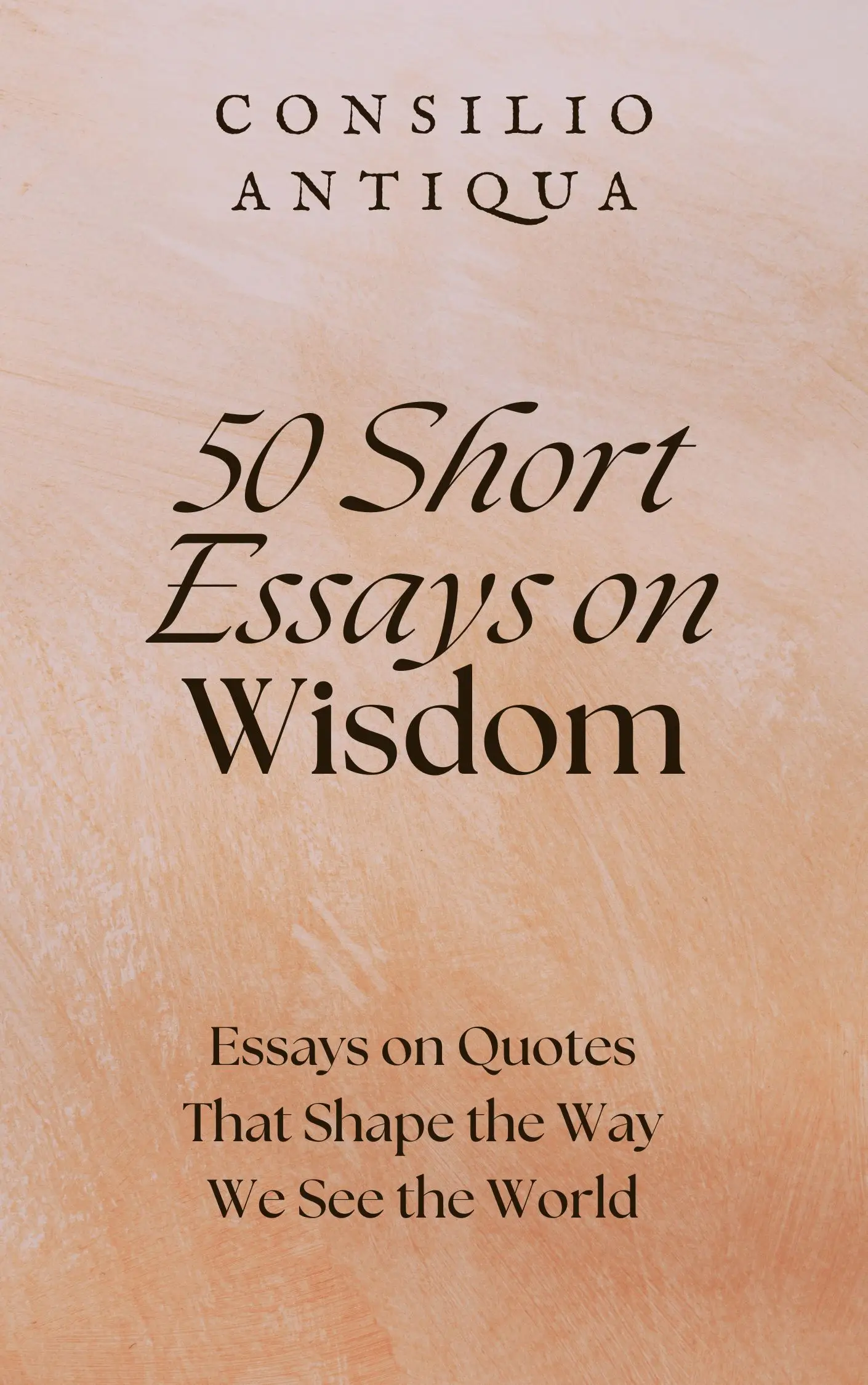
50 Short Essays on Wisdom | The Broth of Many Hands
The Broth of Many Hands
"Too many cooks spoil the broth." - English Proverb
The aroma of simmering broth, rich and fragrant, promises nourishment. But what happens when too many hands reach for the ladle, each with a different recipe in mind? The proverb, "Too many cooks spoil the broth," speaks to a fundamental tension in human collaboration: the delicate balance between collective effort and individual vision. This essay explores the enduring wisdom of this adage, tracing its historical roots and examining its relevance in our complex modern world.
The proverb's origins are murky, lost in the mists of culinary history. Variations exist across cultures, reflecting a universal understanding of the potential pitfalls of unchecked collaboration. While the precise birthplace remains unknown, the sentiment itself transcends geographical boundaries, resonating in the shared human experience of working together towards a common goal. Early examples might be found in ancient collaborative artistic endeavors, where a multitude of artisans might contribute to a single tapestry or sculpture, potentially leading to a lack of cohesion and artistic vision.
At its heart, the proverb cautions against the dilution of purpose. When multiple individuals contribute to a single project without a clear, unified vision, the result can be a chaotic blend of conflicting ideas, a lack of focus, and ultimately, a less effective outcome. The broth, representing the final product, becomes muddled, its original flavor lost in a cacophony of competing ingredients. This wisdom has endured because it speaks to a timeless challenge: how to harness the power of collective effort without sacrificing clarity and coherence.
In the modern world, the "broth" takes many forms. Consider the challenges of collaborative writing, where multiple authors must harmonize their styles and perspectives to create a cohesive narrative. Or imagine the complexities of team projects in the workplace, where differing opinions and working styles can lead to conflict and inefficiency. Even in the seemingly simple act of raising children, the well-intentioned advice of multiple caregivers can sometimes create confusion and undermine a consistent parenting approach. The challenge lies in finding a way to leverage the strengths of many without sacrificing the integrity of the whole.
Reflecting on my own experiences, I recall a collaborative art project in college. Our group, brimming with enthusiasm and diverse artistic styles, initially struggled to find a unified vision. The resulting artwork, while technically proficient, lacked the emotional resonance and coherence that a single, unified vision might have achieved. It was a potent lesson in the importance of clear communication, shared goals, and a designated leader to guide the process.
How, then, can we navigate the complexities of collaboration and avoid the pitfalls of "too many cooks"? Perhaps the answer lies not in avoiding collaboration altogether, but in cultivating a mindful approach. Clear communication, a shared vision, and a defined structure are crucial. The ability to listen attentively, to compromise, and to prioritize the overall goal above individual preferences are essential ingredients in the recipe for successful collaboration. What strategies have you found effective in navigating collaborative efforts? What are the potential benefits of embracing a more unified approach?
Ultimately, the wisdom of "too many cooks spoil the broth" is not a rejection of collaboration, but a reminder of its inherent challenges. It is a call for mindful participation, clear communication, and a shared commitment to a unified vision. By approaching collaborative endeavors with intention and awareness, we can transform the potential for chaos into a symphony of shared purpose, creating a broth that is both rich and harmonious.
